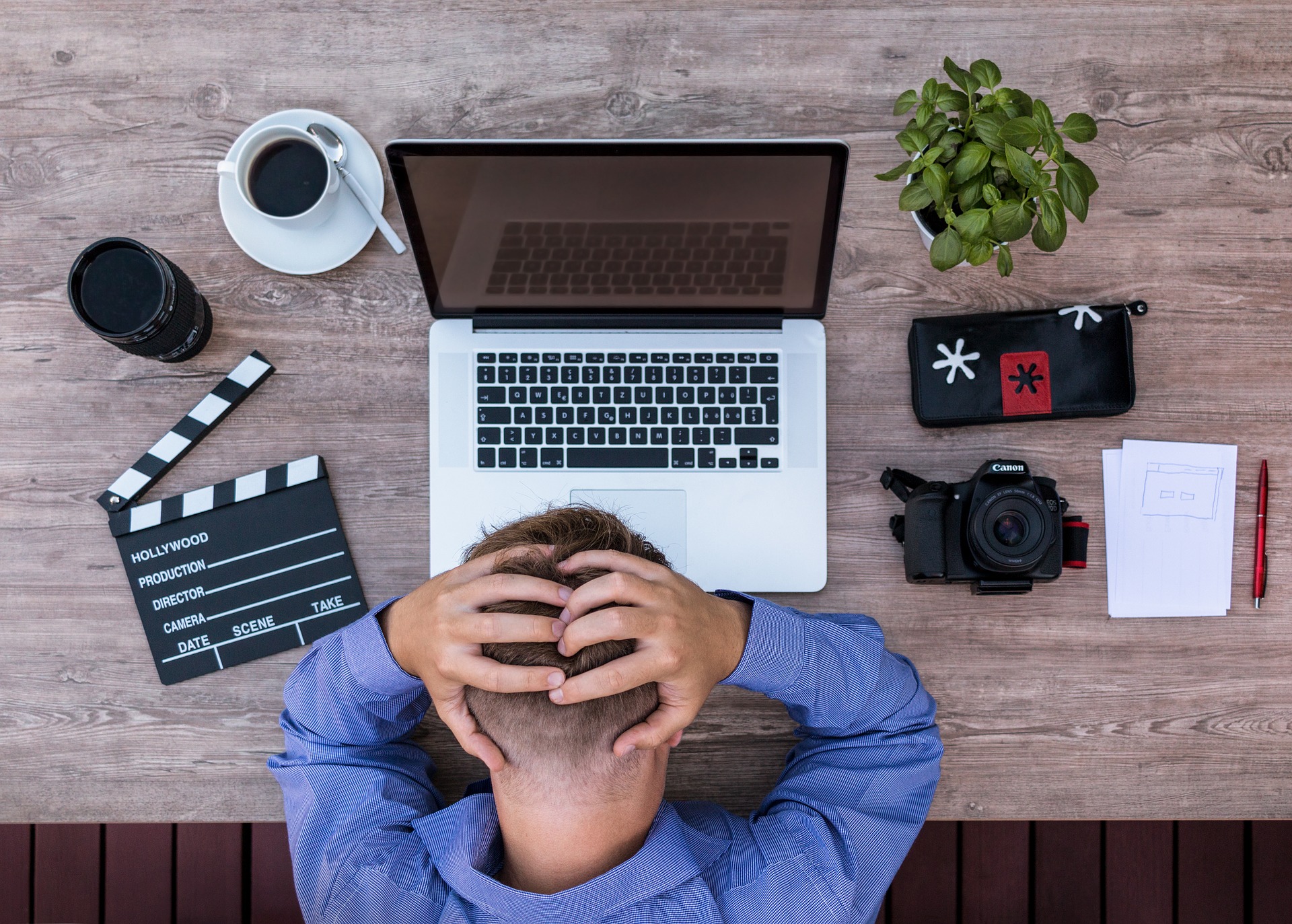
Am I Depressed? 7 Signs You Should Know About Depression
- You’ve been feeling low or irritable for most of the day, every day for two weeks or more. You may have found yourself worrying about past or future events for long periods of time, or simply feeling sad, frustrated, or angry. Sometimes it’s hard to recognize a gradual change – have others noticed that you don’t seem your usual self?
- You’ve lost interest in activities that you used to enjoy. Perhaps you have been seeing less of your friends or family recently, have stopped going to the gym, or cooking balanced meals. This really boils down to recognizing and addressing changes in what’s normal for you – no one is saying you have to exercise five times a week or eat your veggies, but changes in your routine can offer concrete indications that your mood is changing.
- You are struggling to concentrate. You might notice that you struggle to focus when reading or watching television, for example, or to follow the thread of conversations. This could be affecting your performance at work, or limiting your ability to perform routine tasks such as food shopping. Again, we are looking for a change in what’s normal for you, so if concentration has always been something you find tricky there is little cause for concern.
- Anxiety and Depression. Anxiety is a result of low self-worth. Anxiety affects over half of all persons who have depression. A depressed individual may be concerned about their personal and professional future on a regular basis. They might believe they’ll fail at both. Anxiety may lessen over time, but this does not necessarily mean that the person has given up.
- Loss of energy. Sadness and other variables, such as anxiety-induced sleep deprivation, can create a lack of energy. In extreme circumstances, this might cause weariness. Fatigue, when combined with poor focus, wreaks havoc on professional and personal relationships, and can lead to a negative spiral if these symptoms result in reprimands or job loss.
- Reckless behaviour. Some depressed persons engage in high-risk behaviours to momentarily alleviate their emotional distress. An individual may waste money, go on perilous excursions, sleep with several partners irresponsibly, or develop a substance abuse problem. Though loved ones may be concerned about these signals and attempt to talk about them, this can result in an angry reaction or be unproductive.
- Sleep pattern changes. People suffering from depression are more likely to develop irregular sleep habits, which include insomnia and frequent awakenings during the night. This can exacerbate other symptoms or give people more time to think about them. A person suffering from depression may sleep more than usual and spend an excessive amount of time in bed. It may feel impossible to get out of bed due to exhaustion and a lack of optimism.

In three words I can sum up everything I’ve learned about life: it goes on.
– Robert Frost

Media Overload
Today on my walk down by the beach I came across a tearful young lady. I sat down on the bench beside her pretending that I just needed to take a rest from my walk, and I asked her how her day was going, she burst into tears, and she said that she was just not feeling like the world was going in the right direction. When I asked her why she felt like that she said every day in the morning I watch the news and I hear about covid, the war, the rising economy, the suffering of people in Ukraine, then I feel really bad all day and then I watch the evening news and I feel like the updates get worse and worse.
I wondered if a lot of people feel like that. I know that media has a role to play. However, is it a good or bad effect on people?
I think about when I was in disaster management and how the few leaders would get together in the morning to have a briefing to understand what the situation was but of course we didn’t put this information out to the public because it would be too devastating to hear day after day despair or tragedy so, of course, we kept it among the few leaders. Then what we would release to the public was pertinent information that would help keep them safe and make sure that they felt supported and uplifted. I feel in the last 3 years the media has lost the understanding of doing this job and what the role of media is. No longer is it to support the people but more to sell the news and gather ratings.
You can not listen to hopelessness and tragic results day after day and not be affected. I think about the last 3 years with covid we’ve heard a daily update a few times a day and if I was listening to that it would be hard it might even make me lose hope. I would stress about what’s coming next and I feel like when there’s no hope it’s hard to manage your day-to-day activities.
As I was chatting with this young lady it became very evident to me that she was suffering from anxiety caused by media overload. When I asked her why she needed to listen to the news twice a day she said, “well to be informed of course” Then I asked her what would happen if she didn’t listen to the news? What would happen if maybe once a week you went to a source to get an update? She thought perhaps she would be missing some very important information. I asked her if these are the same important updates that have you crying sitting on a bench at the beach?
Maybe being plugged into negative sources is a detriment to our well-being. Today when she went for a walk along the beach, she really enjoyed it she took her time and looked at the lake the smiling people that were walking outside, the dogs that were playing, and a few children that were on the beach.
So maybe the lesson here is to live in the moment and surround ourselves with POSITIVES as much as we can. We always gravitate to the negative or the unknown fear. What if we just try to breathe in the air and feel the sunshine on our faces. Smile at others and say hello to those that pass by. Have hope!!

Learn More‘Keep your face to the sun and you will never see the shadows.’
– Helen Keller